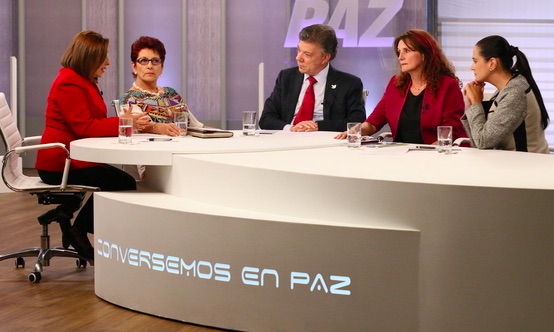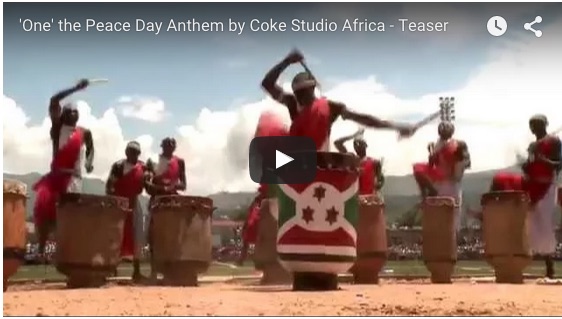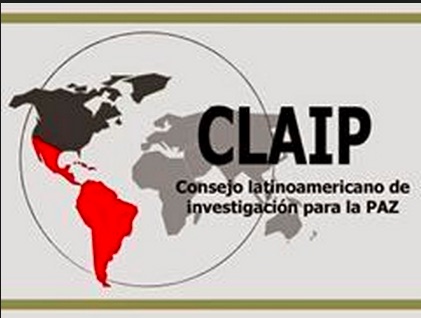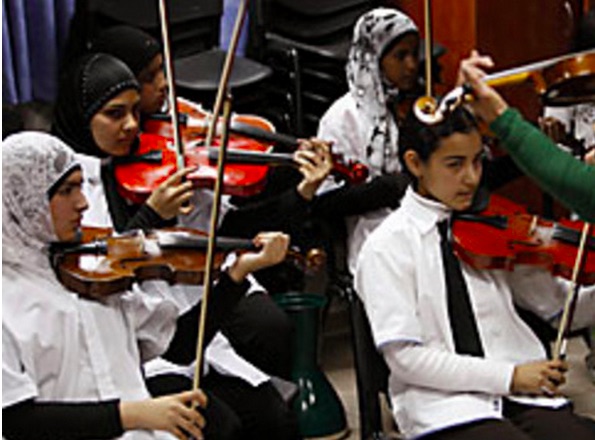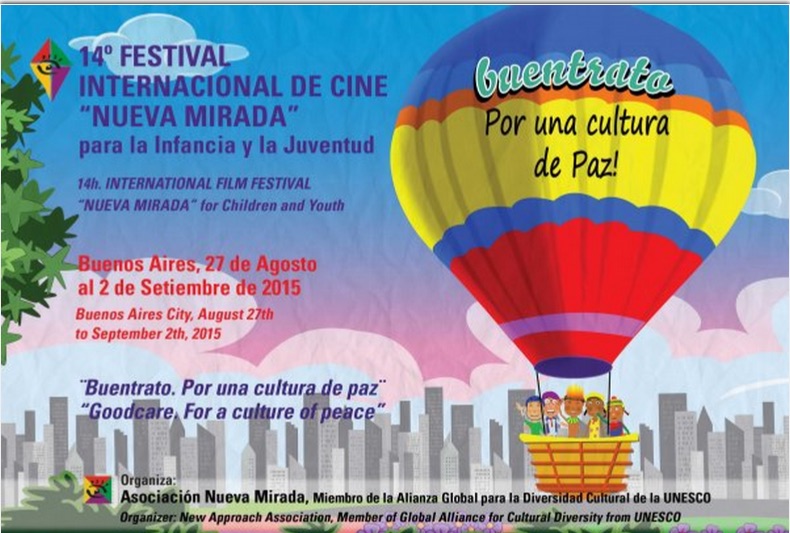… EDUCATION FOR PEACE …
An article from Education International
The third meeting of the Pedagogical Movement renewed the cohesion and agenda for the future of education in Latin America, with a plan to strengthen the influence of the trade union movement on public policies.
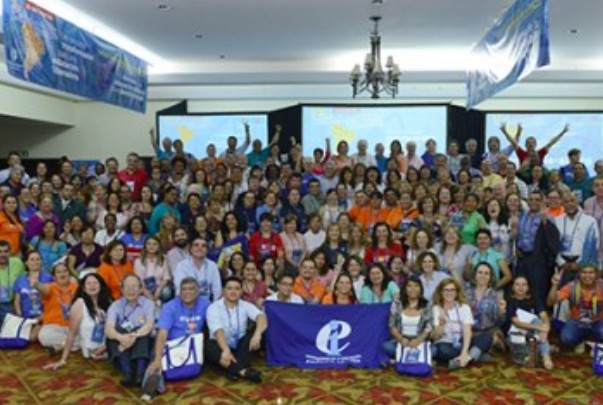
The meeting was held in San José, Costa Rica, between 1 and 3 December, and was attended by 500 people from 18 countries and 34 education trade unions in Latin America, as well as international guests from the United States, Norway, France and Sweden.
Hugo Yasky, Chairman of the Regional Committee of Education International for Latin America, indicated that the path that the Pedagogical Movement has to embark on represents a new stage in which all trade unions have to assess the school experience together with the teaching experience and practice, in step with the social struggle and movements. “We have to advance to include other social sectors in the practice, move forward and seek a common cause with representatives from sectors involved in the grass-roots movement of the peoples of Latin America. This construction of alliances is key,” Yasky argued.
The declaration which resulted from the meeting cited the Pedagogical Movement as a platform for meeting and collective construction, determined to embody a contrasting vision of society in the field of education to that which is imposed by the dominant force, by the economic, media, financial and military power.
(This article is continued in the column on the right.)
(click here for the French version of this article or here for the Spanish version)
What is the relation between peace and education?
(Article continued from left column)
Against the commercialisation and privatisation of education
One of the key themes of the meeting that the affiliated organisations of EI debated concerned the strategies used by multinationals to privatise education. Thus, Antonio Olmedo, researcher at the University of Roehampton in the UK, illustrated the topic with his lecture “The Education privatisation and commercialisation process.” He analysed the approach of large companies to impose their mercantile proposals on governments, thereby contributing to insecurity about the quality of education and teaching. “We have to think of other solutions, because neoliberalism is like a chameleon and is more regulated than the public sector itself,” he reassured.
Similarly, Professor Luiz Fernandes Dourado, of the Federal University of Goiás, Brazil, underscored that privatisation is a sophisticated process and, as a result, leads to the weakening of the trade union movement and breaks with democratic management in schools. This runs counter to the vision of the Latin American Educational Movement, which sees education as a social right.
Inspiration behind the international campaign
David Edwards, Deputy General Secretary of Education International, pointed out that the new worldwide campaign conducted by his organisation against the business of education promoted by multinational corporations and multilateral organisations drew inspiration from Latin America. The campaign is a new tool to defend public education and to show the real intentions behind privatisation.
“At the Ottawa Congress, we were instructed to launch a campaign against the privatisation of education and to unmask those behind it. We started the campaign to analyse what is happening in other parts of the world. In education, the world market amounts to more than 3 billion and the governments in certain countries are facilitating access to this ‘booty’ for private groups. We are trying to show citizens what these multinationals are really doing,” Mr Edwards said.
(Thank you to Janet Hudgins, the CPNN reporter for this article.)

